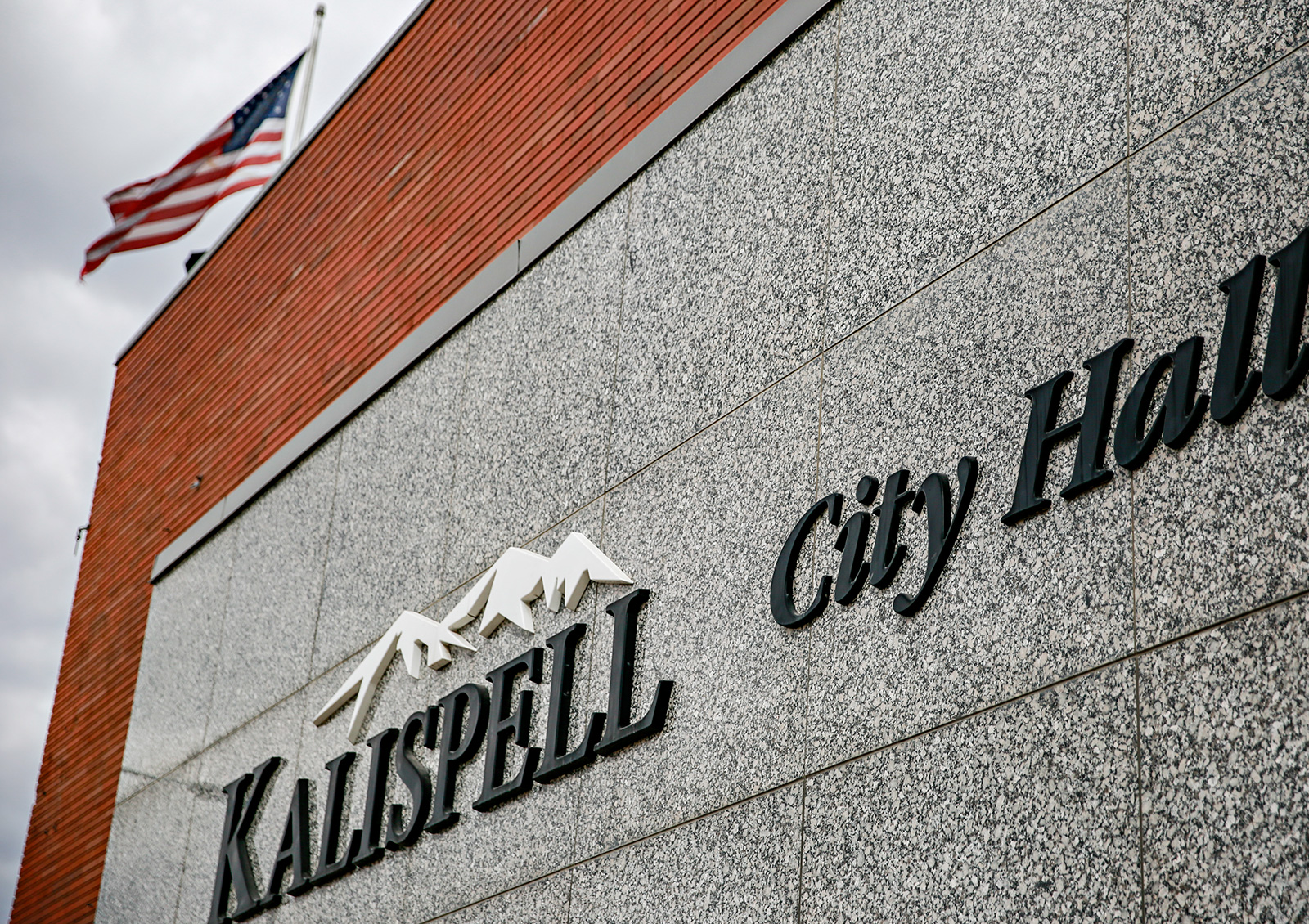Kalispell City Council passed the $179.9 million budget for fiscal year 2026 last night, with minimal variation from last year’s budget at $180.7 million.
The final budget reflects a $2 million reduction in spending compared to what the preliminary budget proposed in June, when city officials released a $182.2 million projection. A significant change is a $2.27 million increase to the sewer fund to reflect updated construction costs for the city’s biosolids treatment and disposal project, according to the budget prepared by City Manager Doug Russell. There is also a $30,000 increase to the Drug Enforcement Grant award to fund a K9 officer.
The $17 million general fund, sourced primarily from property taxes, increased by $186,334 from fiscal year 2025. Most of this is to cover the $122,000 accrued leave payout for the outgoing city manager as Russell departs this week for a new job in Washington. To support the city manager recruitment process, $35,000 was also added to the Human Resources fund.
To comply with Senate Bill 133 passed this legislative session, city council is removing a 5% administrative charge for impact fees that they’ve previously collected. This goes for water, sewer, stormwater, police and fire impact fees.
Several councilors said they did not approve of the new state law, noting that the city does not charge the full capacity of the allowable impact fees and will now be unable to pay staff using impact fees.
“This is something I have a lot of issues with the state about,” Councilor Sid Daoud said before ultimately supporting it along with the council majority.
The emergency responder levy will once again account for a significant portion of the budget, at just under $4.5 million in property tax assessments. The levy’s largest project is a third fire station, which is funded by the levy’s remaining balance, estimated to be $2 million at the close of fiscal year 2025. Other large projects include $260,000 for a new ambulance, and $226,000 for two new patrol cars and two detective vehicle replacements.
Due to another required new state law, the council changed the emergency responder levy from a mill-based to a dollar-based levy. The change did not affect the amount that the levy is assessed at currently, but it changes the levy to comport with future inflationary rates rather than the mill-system ironed out by city officials.
“Why we’re having such heartburn about this is because the emergency responder levy was well thought out, very well worded,” Daoud said. “Everybody understood what was going on, and now we’re changing that after the fact, after they had already voted and passed it.”
The council passed the resolution with an amendment to add the names of local legislative representatives in the House and Senate, along with the governor, who passed the new state law. Mayor Mark Johnson said he put forward the amendment in order to name the “faceless beast that roams around us in this valley and goes and causes damage twice a year.”
